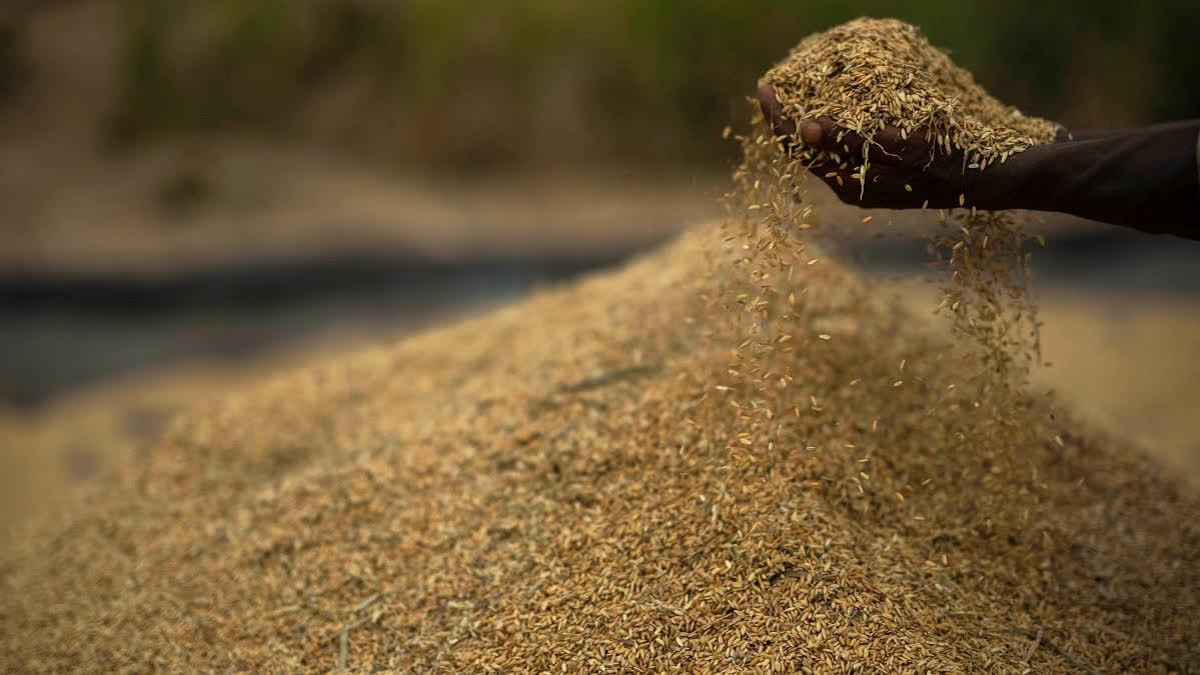Hyderabad: Lentils are a staple food in India widely consumed by the wealthy and the poor for their high protein content. The poor especially, rely heavily on lentils for their nutritional value as a part of their diet. However, the production of split gram in India has decreased significantly in recent times. There are several reasons for this- firstly, farmers have shifted from the cultivation of indigenous pulses and cereals towards commercial crops like cotton and chilli. In many regions of India, agricultural land has turned into real estate and changing weather conditions like heavy rains have affected crop yields. Further, high costs of fertilisers for the control of pests have discouraged farmers from growing lentils. As a result, lentil production in India has suffered.
Nationally, the production of split gram is around 34 million tonnes. In the past, it was 39 million tonnes annually. 45 million tonnes of split gram is consumed in India annually. India is currently aiming at importing 12 million tonnes of split gram from foreign countries due to the shortage.
This is 35% more than the previous year. Uttar Pradesh yields the highest amount of split gram, followed by states - Madhya Pradesh, Bihar, Gujarat, Maharashtra, Andhra Pradesh, Karnataka, and Tamil Nadu. For the upcoming cropping season, India has decided to import 7.5 million tonnes of lentils from African countries. Mozambique in East Africa is the largest producer of lentils. India has decided to import around five million tonnes of pulses from Mozambique alone. Additionally, India is considering imports from Malawi, Tanzania, and Sudan.
Taking advantage of the situation in India, Mozambique is quoting at least $800 to $900 per tonne for lentils according to reports. Analysis suggests that the actual market price of lentils in Mozambique is $600 to $700 per tonne. The fluctuating prices impact consumers. India Pulses and Grain Association has criticized the price hike urging the government to control prices. The government is being asked to intervene to lower prices.
